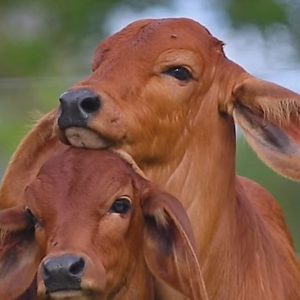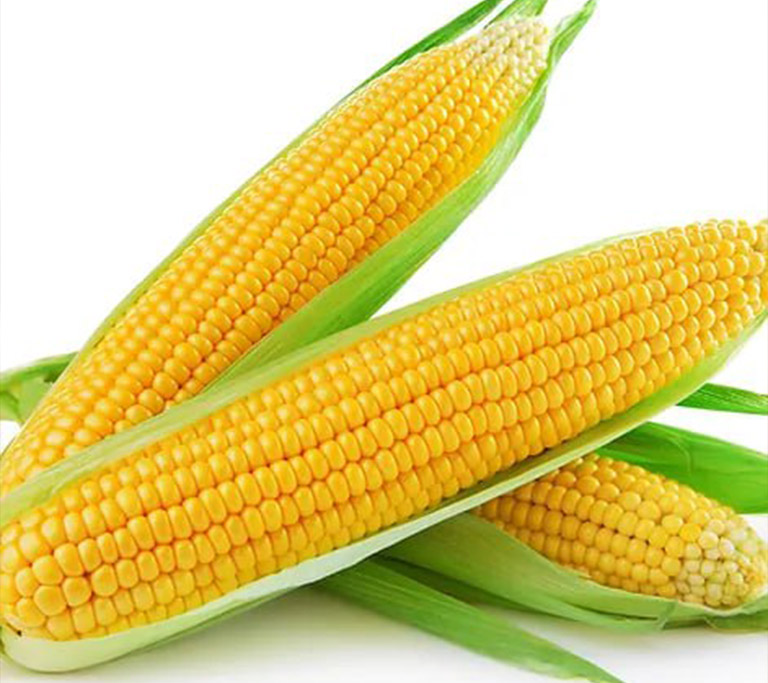


Alfalfa
Alfalfa is a highly nutritious forage crop commonly fed to ruminant animals and other livestock. Here’s an overview of the use of alfalfa in ruminant and other livestock diets:
Ruminants (cattle, sheep, and goats):
-
- High-quality forage: Alfalfa is considered a high-quality forage due to its excellent nutritional profile. It is rich in protein, vitamins, minerals, and fibre, making it a valuable feed option for ruminant animals.
-
- Protein source: Alfalfa provides a significant source of protein, which is essential for rumen microbial activity and the synthesis of microbial protein in the rumen. Its protein content can help support growth, milk production, and reproductive performance in ruminants.
-
- Digestibility: Alfalfa is highly digestible, particularly in its early growth stages. This high digestibility allows for efficient nutrient utilization in ruminant animals, contributing to improved feed efficiency and overall performance.
-
- Calcium source: Alfalfa is a good source of calcium, which is essential for bone development, milk production, and overall metabolic functions in ruminants.
Horses:
-
- Forage option: Alfalfa is commonly fed to horses as a forage source. It provides a highly palatable and nutrient-dense feed option, meeting the nutritional needs of horses.
-
- Protein and energy source: Alfalfa is rich in protein and digestible energy, making it suitable for horses with increased nutrient requirements, such as growing horses, pregnant mares, and performance horses.
-
- Dental health: The coarse texture of alfalfa can help maintain dental health in horses by promoting natural wear and preventing dental abnormalities.
Poultry (chickens, turkeys, etc.):
-
- Forage supplement: Alfalfa can be used as a forage supplement for poultry. It can be fed in small quantities or as part of a balanced ration to provide additional fibre, nutrients, and environmental enrichment for poultry.
-
- Protein source: Alfalfa contains a significant amount of protein, which can contribute to the protein requirements of poultry. It can be included in poultry diets to enhance protein levels and support growth and production.
Rabbits:
-
- Forage option: Alfalfa is commonly fed to rabbits as a forage source. It provides a good balance of fibre, protein, and other essential nutrients for rabbits’ digestive and overall health.
-
- Dental health: The coarse texture of alfalfa hay helps promote dental wear in rabbits, supporting proper tooth maintenance and preventing dental problems.
It’s important to note that while alfalfa is highly nutritious, its use and inclusion in livestock diets should be balanced and appropriate for each species and its specific nutritional requirements. Factors such as maturity stage, protein content, and potential limitations (e.g., high calcium content for certain species) should be considered when formulating diets. Consulting with a livestock nutritionist or veterinarian can help ensure optimal inclusion levels and diet formulation for different species.





